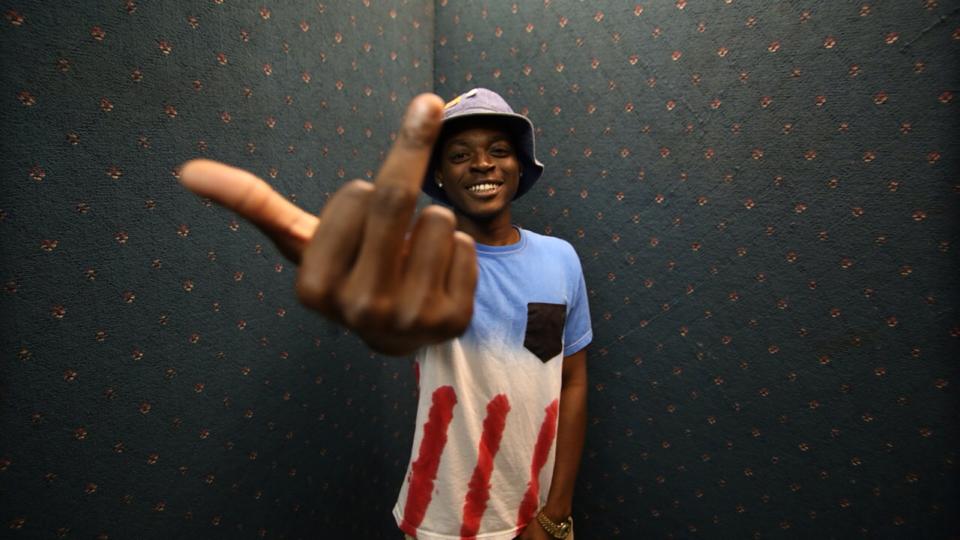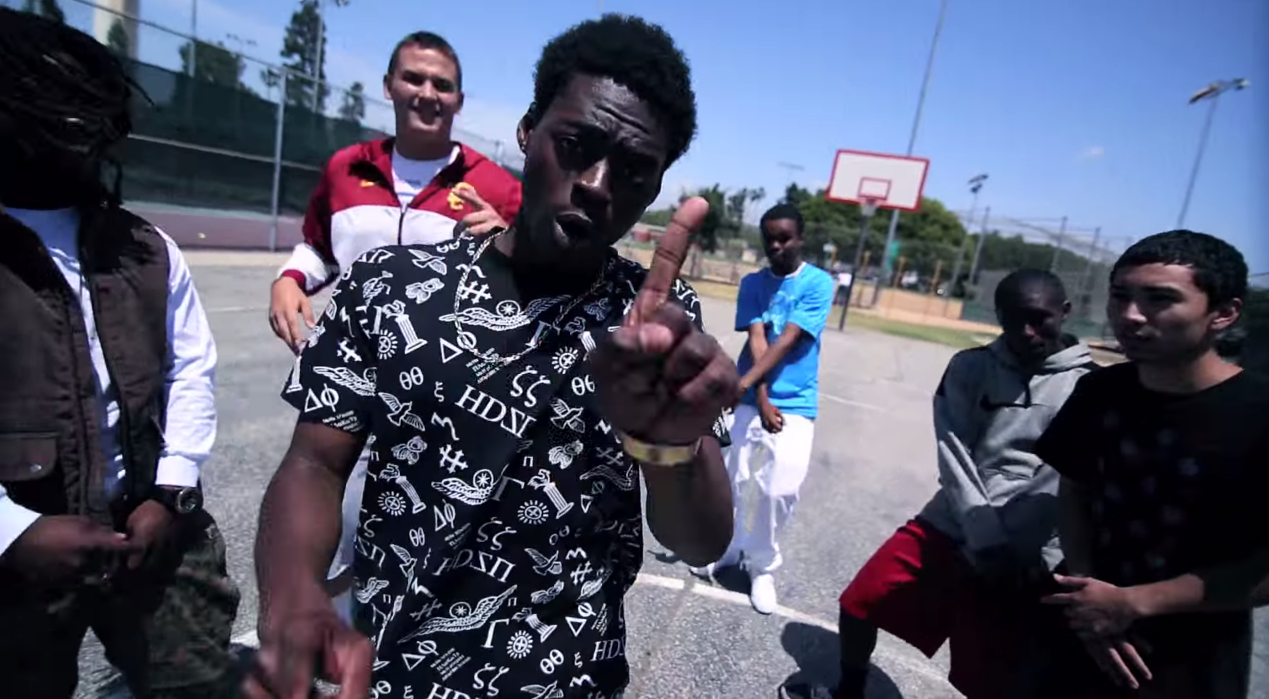Derrick Wong, a passionate and prolific San Francisco, Bay Area actor takes on a new challenge; directing, writing and playing the lead role in his semi-autobiographical short film Dreality. The film which is currently in post-production has already successfully been funded by a campaign on IndieGogo, takes on the metaphysical subject of purpose.
"Dreality is a short film about the nine-to-five worker who truly believes that his real life lies in his dreams. He finds escape in these dreams, and only then is he free."
You've acted in countless projects - what fueled your need to write and direct your own short film?
I actually always liked to write. I do believe that writing is one of the best outlets for our emotions and can help us deal with a situation we are currently struggling with or help us learn something about ourselves that we never knew. The main issue that my short film speaks on has also always been something that really gets under my skin. I really needed to address it and to do it in a way that would reach a wide audience.
How would you describe the style of Dreality - both visually and content wise?
I like to describe it as Inception meets Fight Club meets Drive. I definitely associate a lot of myself with those films, and they inspired me to write Dreality. My film deals with some of the ideas that were explored in Fight Club while set in an Inception-like realistic dream all shot with the visuals and feel of Drive in mind.
How autobiographical is Dreality?
I'd say that there is a lot of myself in Dreality. I have always fought the 9 to 5 lifestyle but with more of a reason than just to fight the man. We have passions. We have loves. We should fight for ourselves to do what we love to do instead of just giving in to a comfortable life that produces nothing more than just contentment. A lot of the issues about life and love also reflect my own views.
What do you hope people take away from viewing Dreality?
I hope that people can take away multiple things from the film. I hope that there isn't one concrete message that is conveyed. I hope that the film can be interpreted differently depending on the viewer but that the audience will still leave with the same sense of enlightenment. That there is more to life. There is more out there. We should always be learning and searching for more.
How did you go about directing and acting in your short film? Was it difficult critiquing your own acting?
It was extremely difficult directing and acting in a film. I kept telling everyone that I give the highest praise to anyone who would even attempt to do this and to do a great job at it. I found it very hard to separate a directing mindset from an acting one. At times I would be really into the character and acting out the scene, but all of a sudden, the director jumps into my head yelling, “This is taking too long! Cut it short now!” Other than that, I still enjoyed the time on set and feel that we were able to create something beautiful.
How would you describe your directing style and what do you think is the single most important way a director can get what they picture from an actor?
I feel like I am a very experimental director. I don't necessarily want to tell an actor exactly what I want them to do. I'd like for it to come naturally. I would set up the situations for two different characters. They both have their own backgrounds. They never rehearsed together. They meet for the first time as their characters and hopefully their interactions are real and genuine according to the stories I gave them beforehand. After the first take, I would take them each aside separately and tell them to try something specifically different during the next take.I think the single most important way a director can get what they want is to be able to communicate. Not to just tell the actor what they want. Yes, you do. But you need to listen as well. You need to understand that everyone is different. That you might need to approach them in a different way depending on what they are giving back to you. Communication is both listening and speaking.
Can you tell us about your writing experience and the writing process for Dreality? Did you face any roadblocks, how did you overcome and learn from them?
Dreality was actually a story that just flowed out of my mind into my hands and onto the computer. I was dreaming about something and woke up to write the core story in about four hours. I sent it out to directors, actors, and even friends to get some feedback on the script. After getting input from all of these different sources, I tweaked a few things but still ended up with the meat of the original draft because I felt that it was right for this film. I learned that if you believe in your project fully, it will transfer over to your crew and to everyone else on board the project. If it means not changing anything or changing all of it, as long as they know you have a concrete vision, they will believe in it too.
What visual work or other art forms inspire you? Do you have any directors or filmmakers that you admire?
There are so many art forms that inspire me. Music is a big one. Recently, I have been getting acquainted with The Doors. I just find their music very moving and can serve as a transport or vessel to another time or dimension.
There are so many directors that have my admiration. I love the way David Fincher creates suspense and tense moments. Nicolas Refn has such intriguing images. Scorsese's films always surprise. Coppola has the epics down to a science. Paul Thomas Anderson is special. There are just so many good films and filmmakers. I just wish more people watched their films and appreciate them more than your superhero summer blockbuster flick.
Films take relatively longer to complete ( months, years, etc) than other art forms, let's say writing a song, do you have any other creative hobbies that keep you busy while you aren't working on a film?
I'm always writing or reading. At least I try to when I can find the time. I might not write about much. They might not make any coherent sense. It could be scribbles on a page. I write words in different fonts. I write upside down. Mirrored words. Words that circle one another. I like to believe that if we were all forced to write out our thoughts and ideas into a little black notebook to be traded with another person's notebook, that we would have so much more of an understanding of each other than just your normal everyday run of the mill conversations. I'd like to read you. Scribbles and all.
Things can get pretty tough for an indie, up and coming filmmaker (lack of resources, exposure, getting distracted by the internet) -- what are your plans for the future and advice to those in the field?
I plan to pursue acting solely. I really want to get better and work on the craft. Everyone has a different method and I feel like I am getting close to finding my own. I just need to put the time and effort into it. My advice would be to trust. Trust in yourself and trust in the world. If you truly believe that you have a good film or a good project and you have a few friends that feel the same way, I'm sure there are more people out there that also believe and would support your project. Fundraisers work and will help you with resources. Exposure and getting distracted are just a matter of drive. If you put the time in and focus yourself, these two things shouldn't be a problem.
Creatives and anyone interested can contact Derrick at drrckwng@gmail.com for collaborations or to start an ongoing thread of questions and talk about your art.
Follow Derrick's journey at https://www.facebook.com/drrckwng










